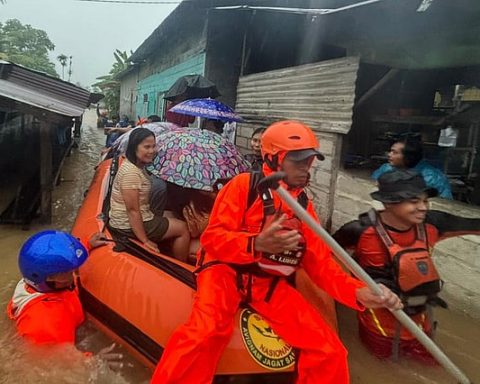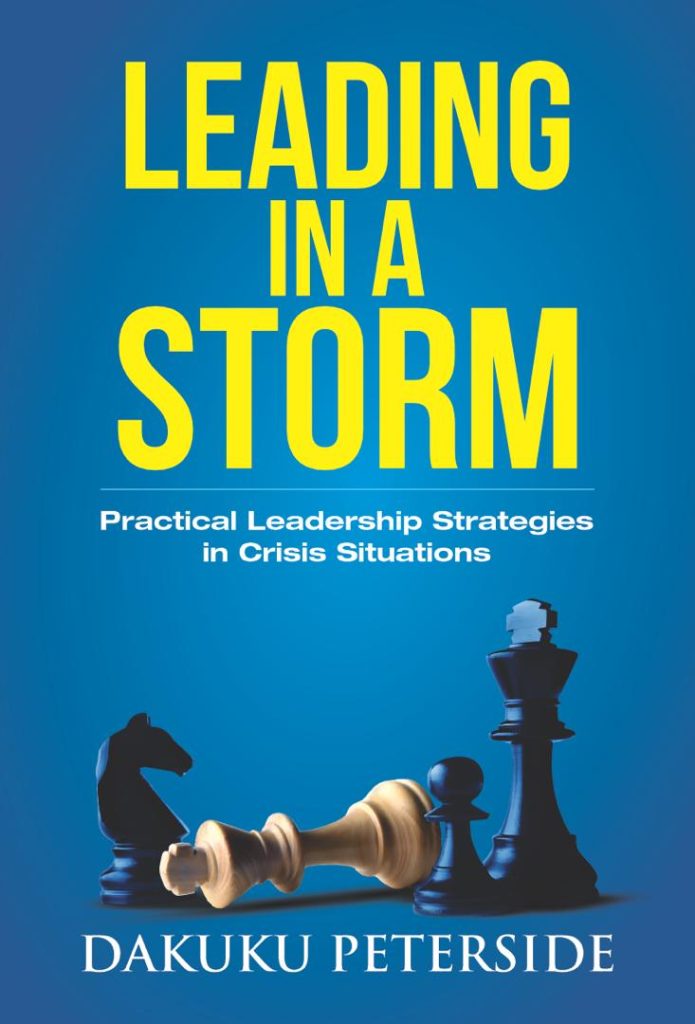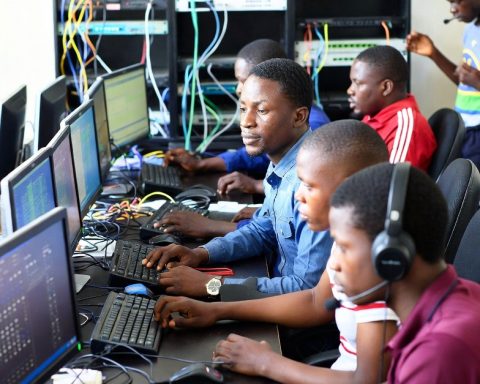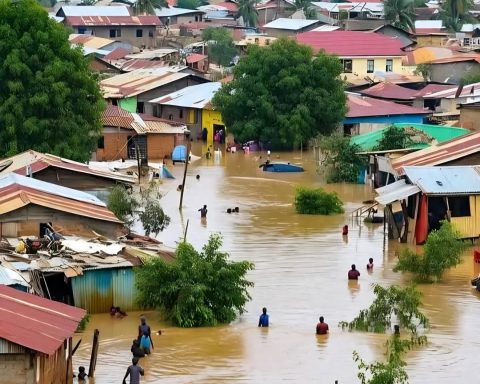For generations, Tanzanian farmers like William Karatibu relied on ancestral wisdom to forecast the weather. Ant trails, shifting winds, and cloud formations once guided decisions on when to sow and harvest. But as climate change tightens its grip, these traditional cues no longer hold.
“I used to know when the rains would come,” says Karatibu, a bean and maize grower. “Now, they arrive late, end too soon, or flood my fields. Everything became unpredictable, and I lost crops year after year.”
Join our WhatsApp ChannelHis struggle is shared by millions across Tanzania. Agriculture remains the backbone of the economy accounting for 25.3% of GDP in 2023 and employing 65% of the workforce, most of them smallholders in rural areas. Yet with erratic rains, prolonged droughts, and devastating floods, the lack of reliable, localized weather data leaves farmers exposed to rising risks of crop failure, income loss, and food insecurity.
The introduction to Ai
A new generation of innovators is turning to artificial intelligence for solutions. Leveraging Tanzania’s growing internet coverage now at 72% AI-powered platforms are providing farmers with the tools to plan and adapt more effectively.
One standout is Rada360, a Tanzanian startup combining satellite Earth observation, AI analytics, and hyperlocal weather forecasting. A winner of Climate KIC’s Adaptation & Resilience ClimAccelerator, it delivers soil data, rainfall predictions, and crop management tips directly to farmers’ phones.
For Karatibu, the impact was immediate. “I’ve never counted any loss since I started using it. I know when to plant, when to fertilize, and how to protect my crops,” he says. Today, neighbors visit his farm to learn from his success.
Rada360 also provides pest alerts, fertilizer recommendations, and yield predictions transforming previously inaccessible satellite data into actionable insights that can boost productivity, reduce losses, and strengthen national food-security planning.
Essa Mohamedali, AI strategist and co-founder of the Tanzania AI Community, says this is part of a wider trend: “AI in Africa is being driven by grassroots communities passionate individuals, recent graduates, and first-time founders. They are designing solutions from the ground up, not importing them.”
READ ALSO: 20,000 Children Displaced Daily By Climate Change, Says UNICEF
Banks Shift Climate Targets Amid Global Economic Realities
Balancing Promise with Risk
But while AI is helping farmers adapt, it is not without costs. Large-scale models demand significant energy and water for data centres, as well as minerals tied to environmentally damaging mining. Critics warn that, without care, AI’s environmental footprint could undermine climate goals.
Mohamedali believes ethics must remain central: “We need to ask who benefits, and at what cost? AI for climate action must not create new problems while solving old ones.”
Building Local Capacity
To ensure sustainability, Climate KIC and AI consultancy Omdena have launched a six-month training programme to equip Tanzanians with skills to design AI solutions for climate change. The initiative emphasizes local relevance, critical thinking, and innovation rooted in community needs.
This effort forms part of Climate KIC’s Adaptation Innovation Cluster, backed by SmartLab and Irish Aid, which supports new startups and community-led adaptation strategies.
For farmers like Karatibu, AI has turned uncertainty into opportunity protecting livelihoods and stabilizing food production. For Tanzania, it demonstrates how grassroots innovation can strengthen an economy heavily dependent on agriculture. And for Africa at large, it signals that communities on the climate frontline are not just adapting but redefining innovation building technologies by, for, and from the ground up.
As climate shocks intensify, these homegrown solutions may prove decisive not only in keeping food on the table for millions of Tanzanians but in showing the world that sustainable resilience can be built from the grassroots.
Amanze Chinonye is a Staff Correspondent at Prime Business Africa, a rising star in the literary world, weaving captivating stories that transport readers to the vibrant landscapes of Nigeria and the rest of Africa. With a unique voice that blends with the newspaper's tradition and style, Chinonye's writing is a masterful exploration of the human condition, delving into themes of identity, culture, and social justice. Through her words, Chinonye paints vivid portraits of everyday African life, from the bustling markets of Nigeria's Lagos to the quiet villages of South Africa's countryside . With a keen eye for detail and a deep understanding of the complexities of Nigerian society, Chinonye's writing is both a testament to the country's rich cultural heritage and a powerful call to action for a brighter future. As a writer, Chinonye is a true storyteller, using her dexterity to educate, inspire, and uplift readers around the world.















